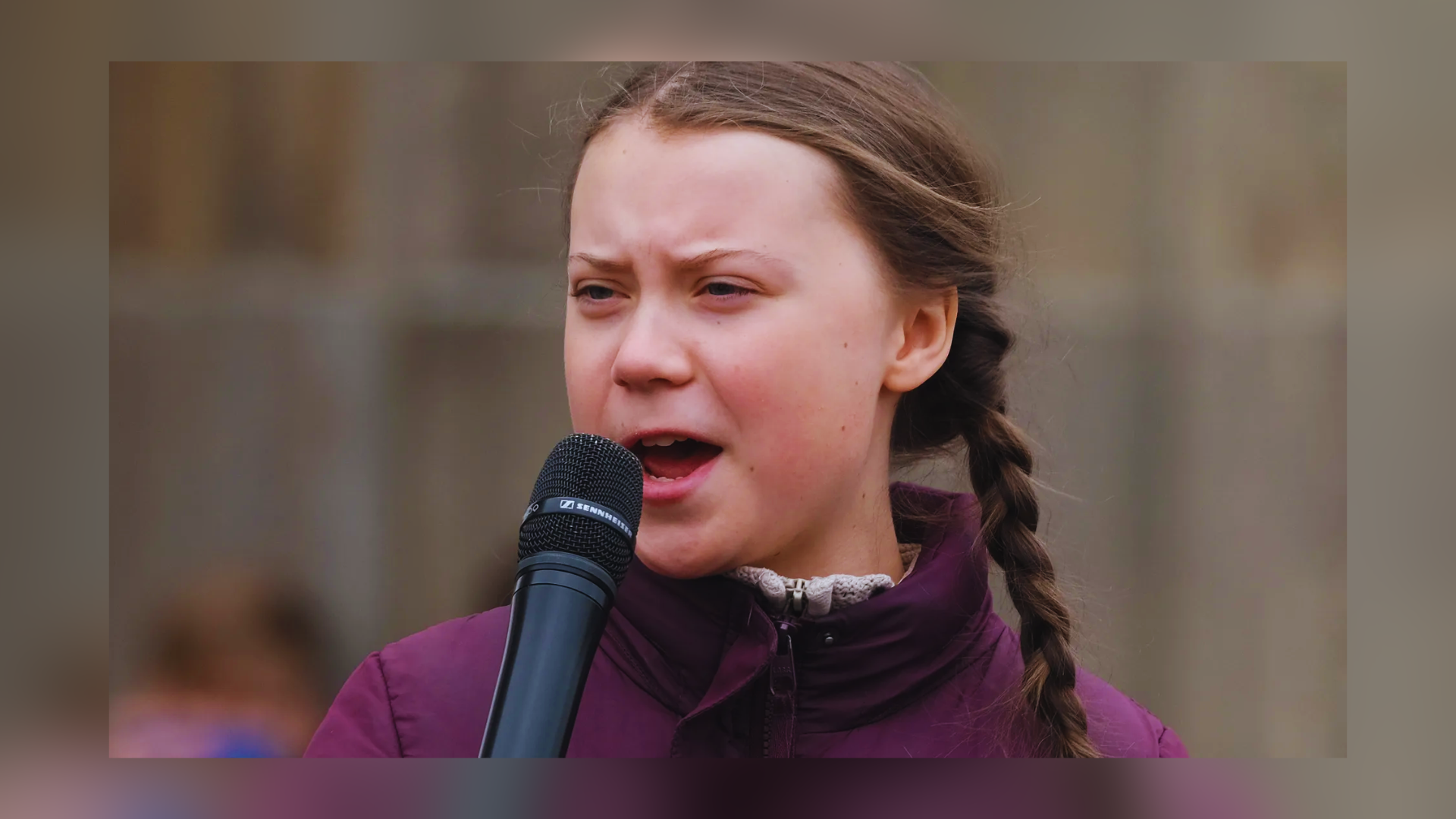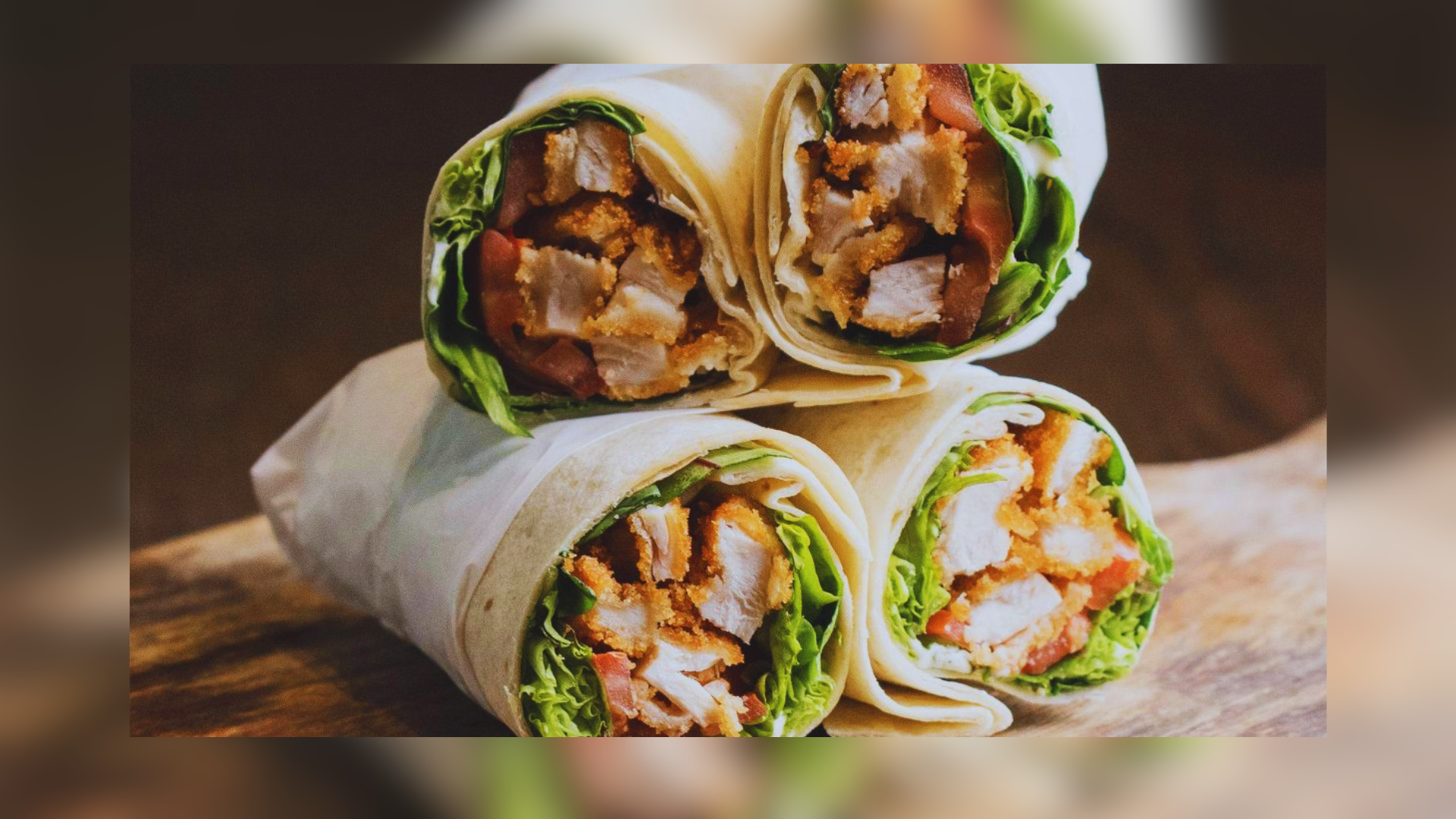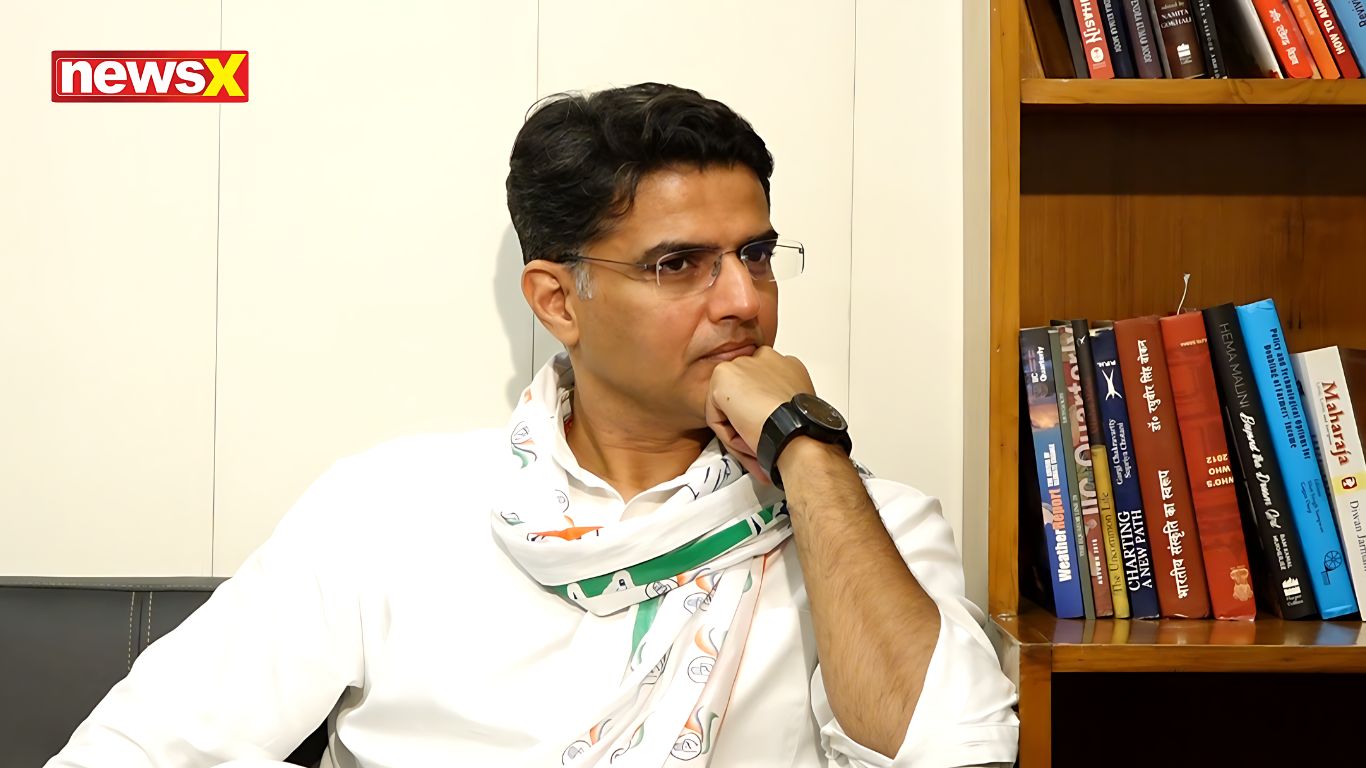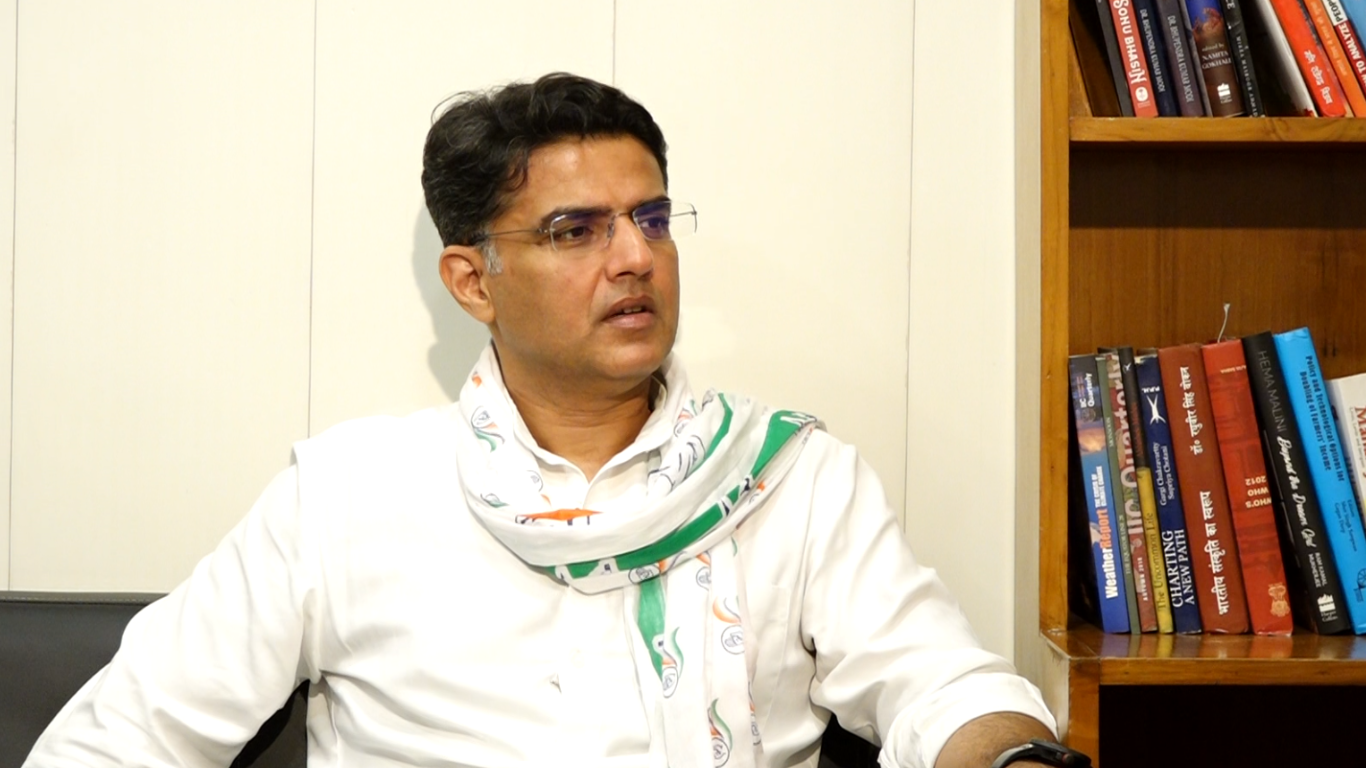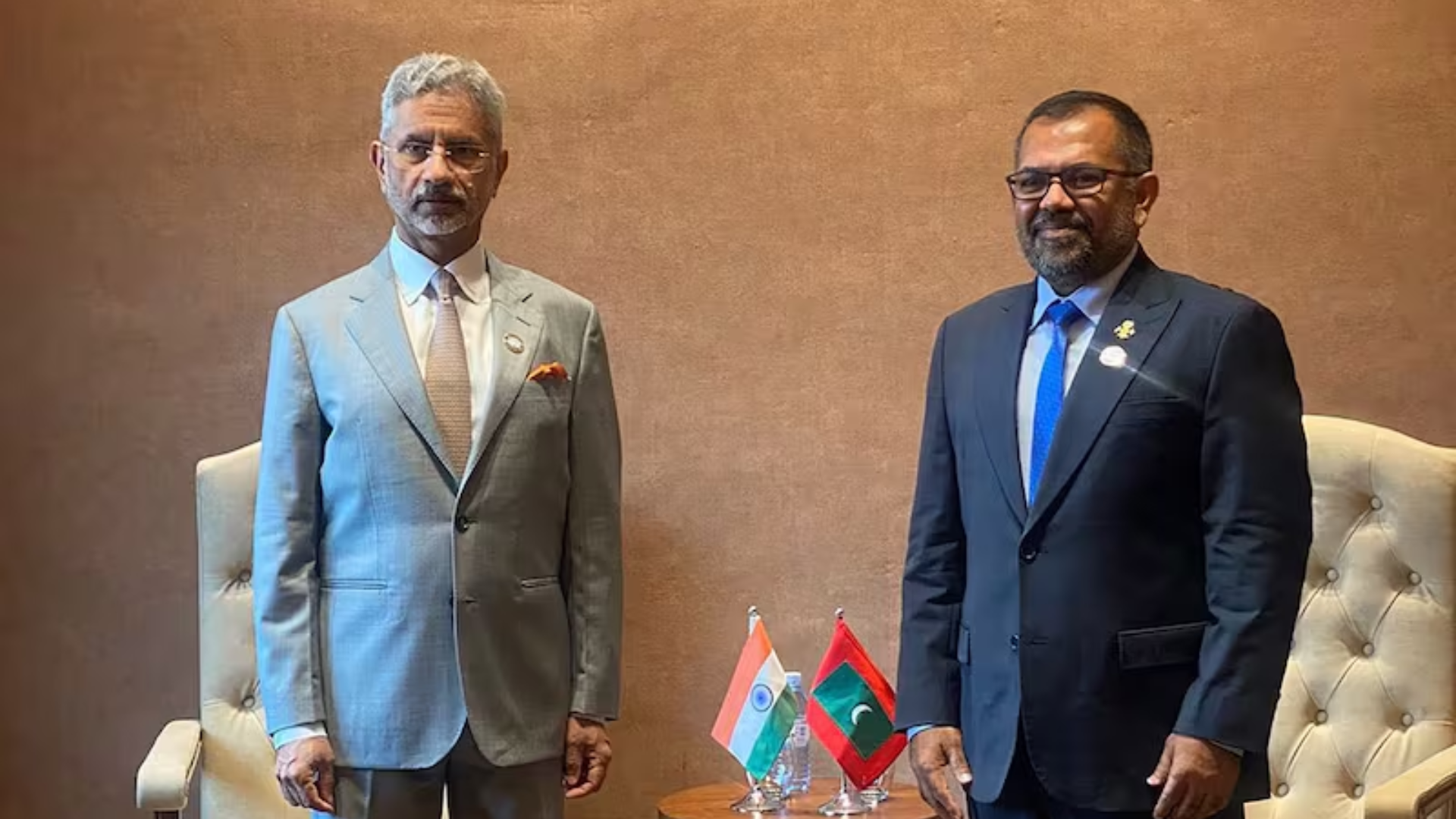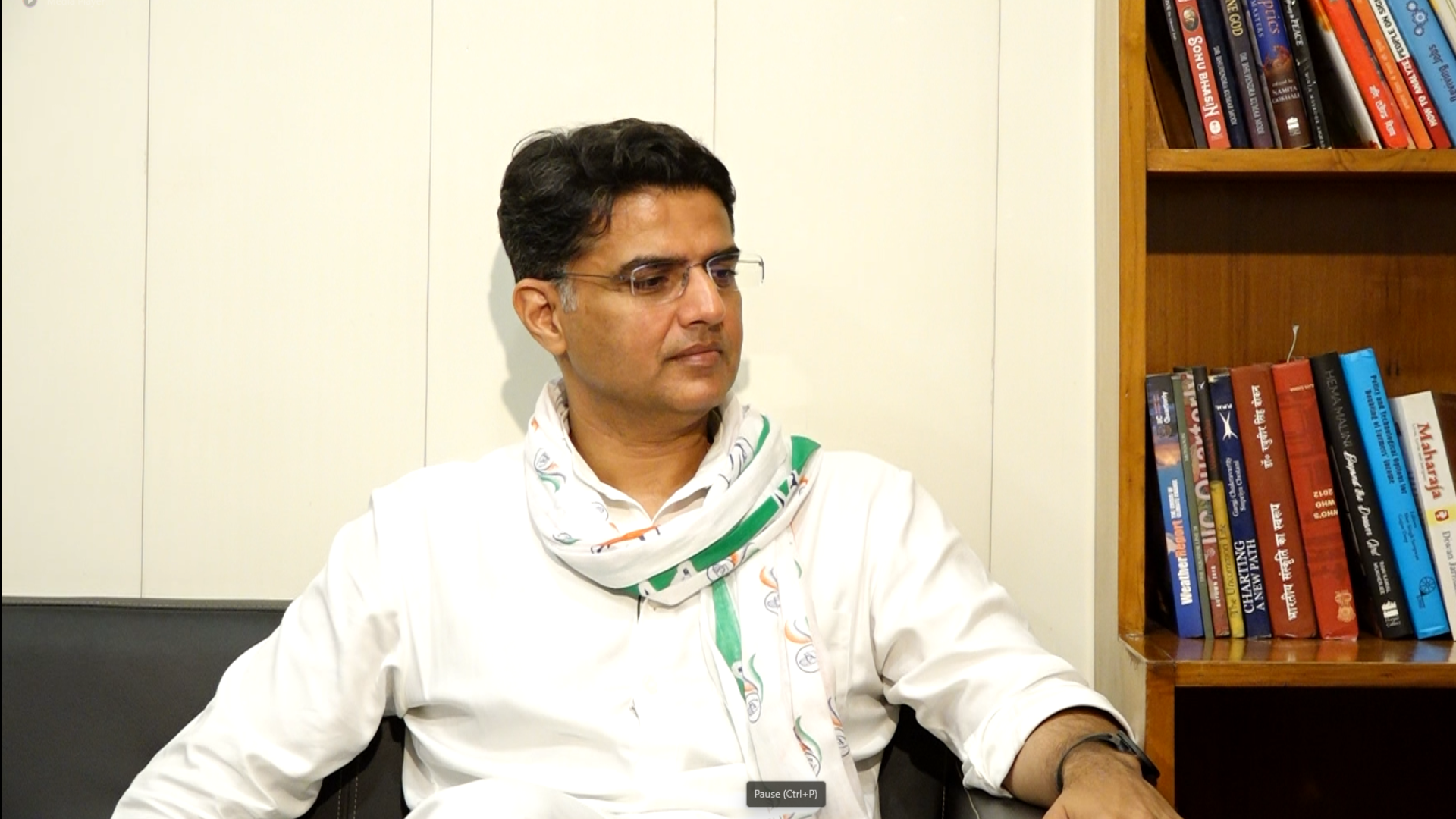


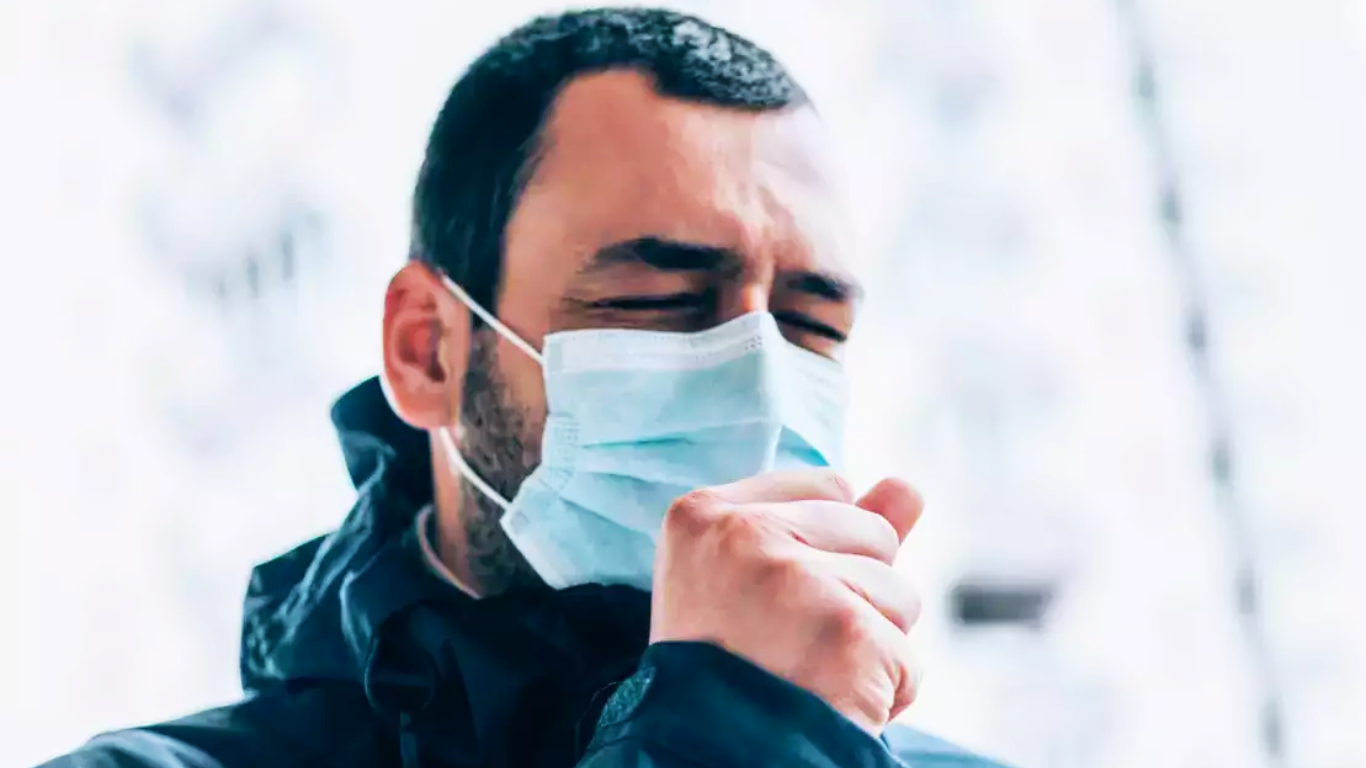
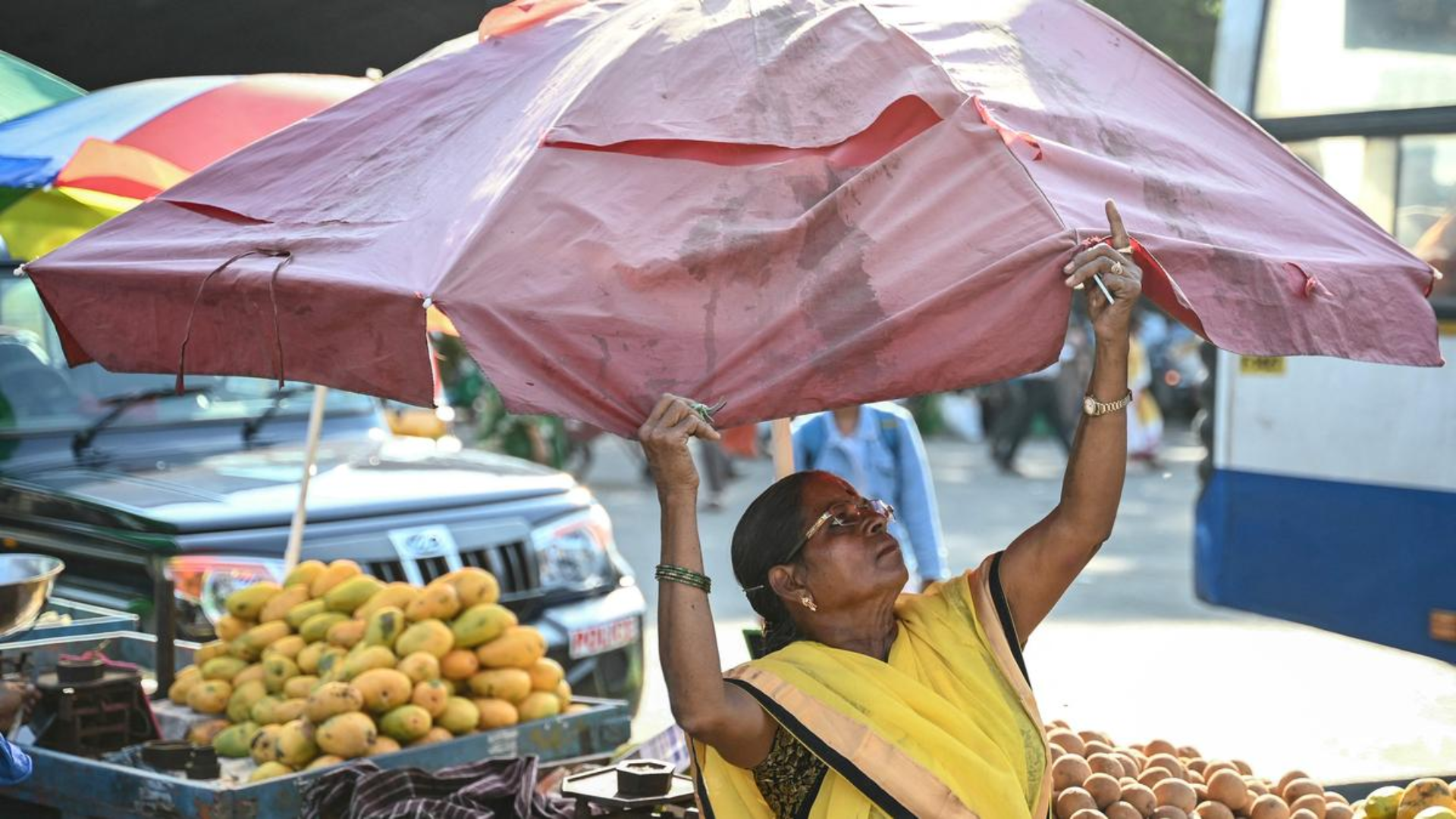
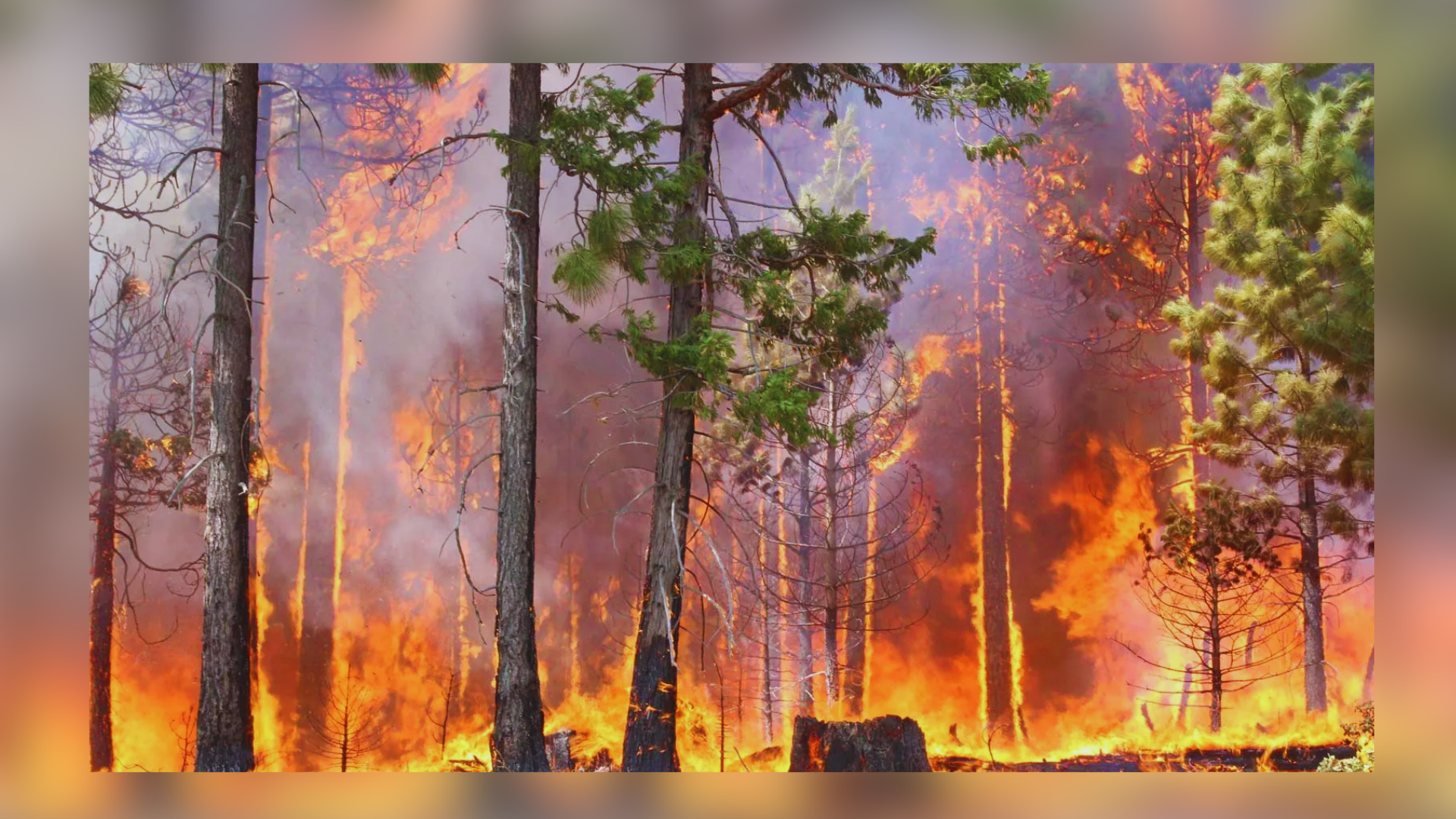
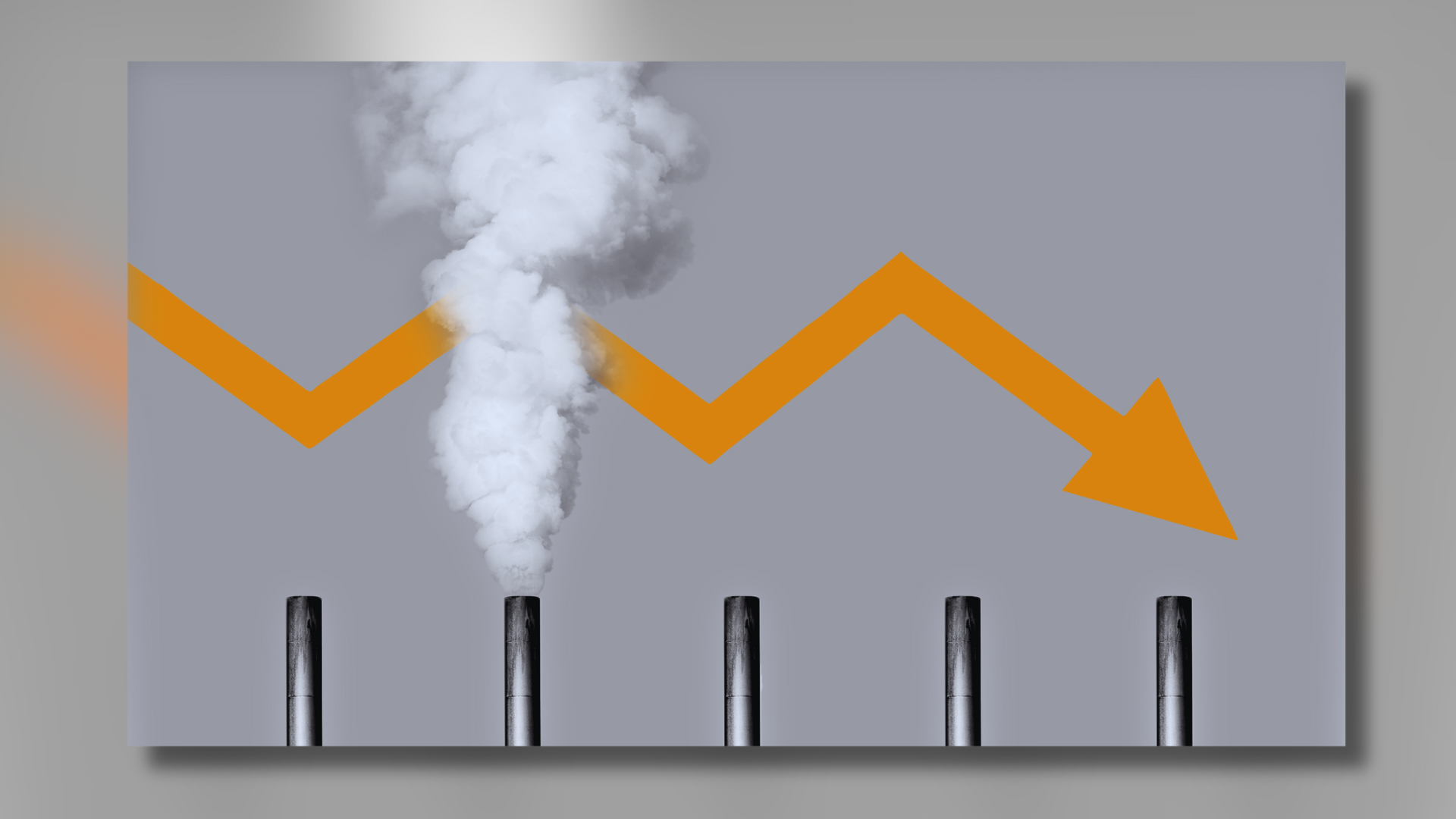
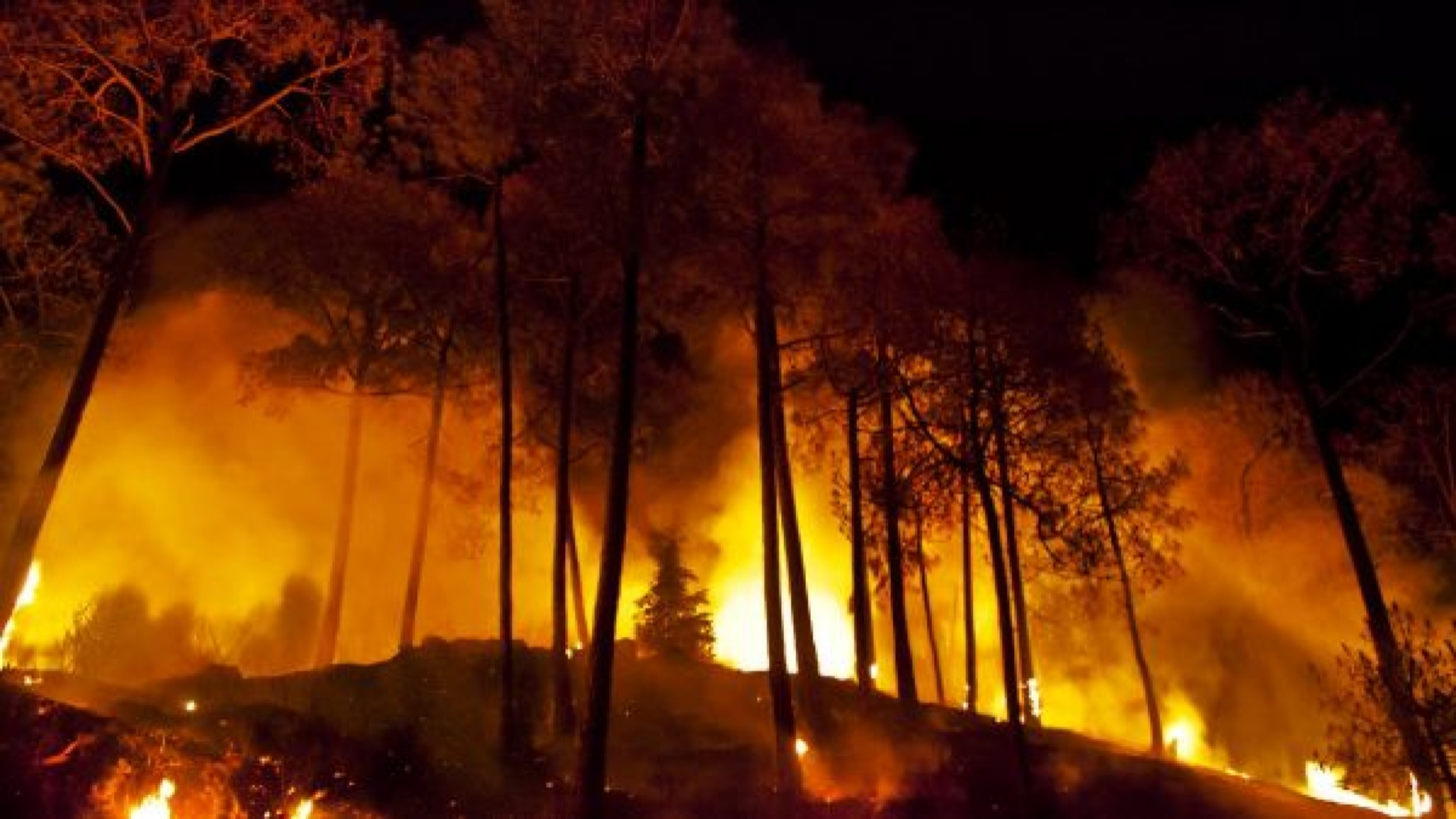
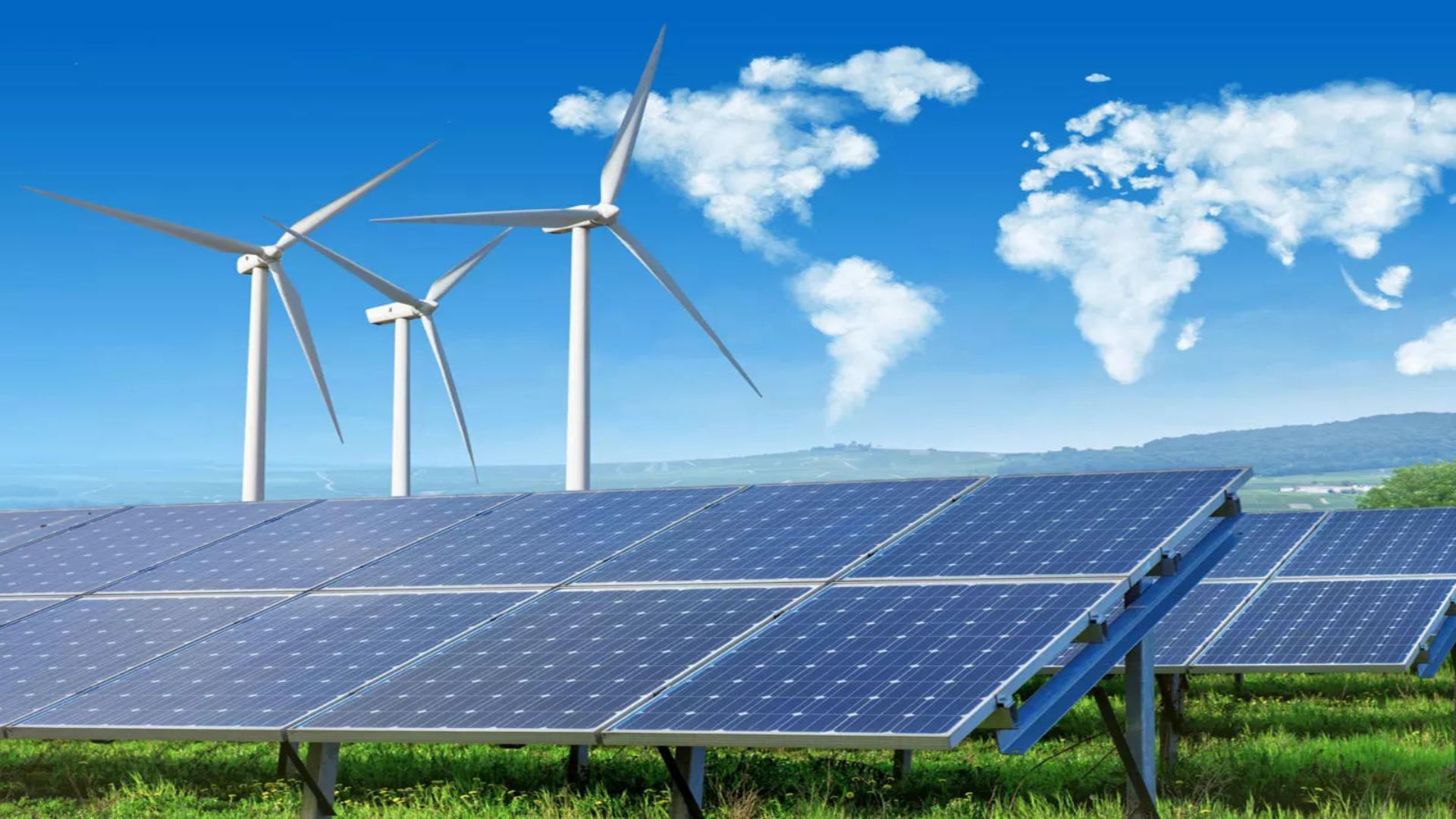
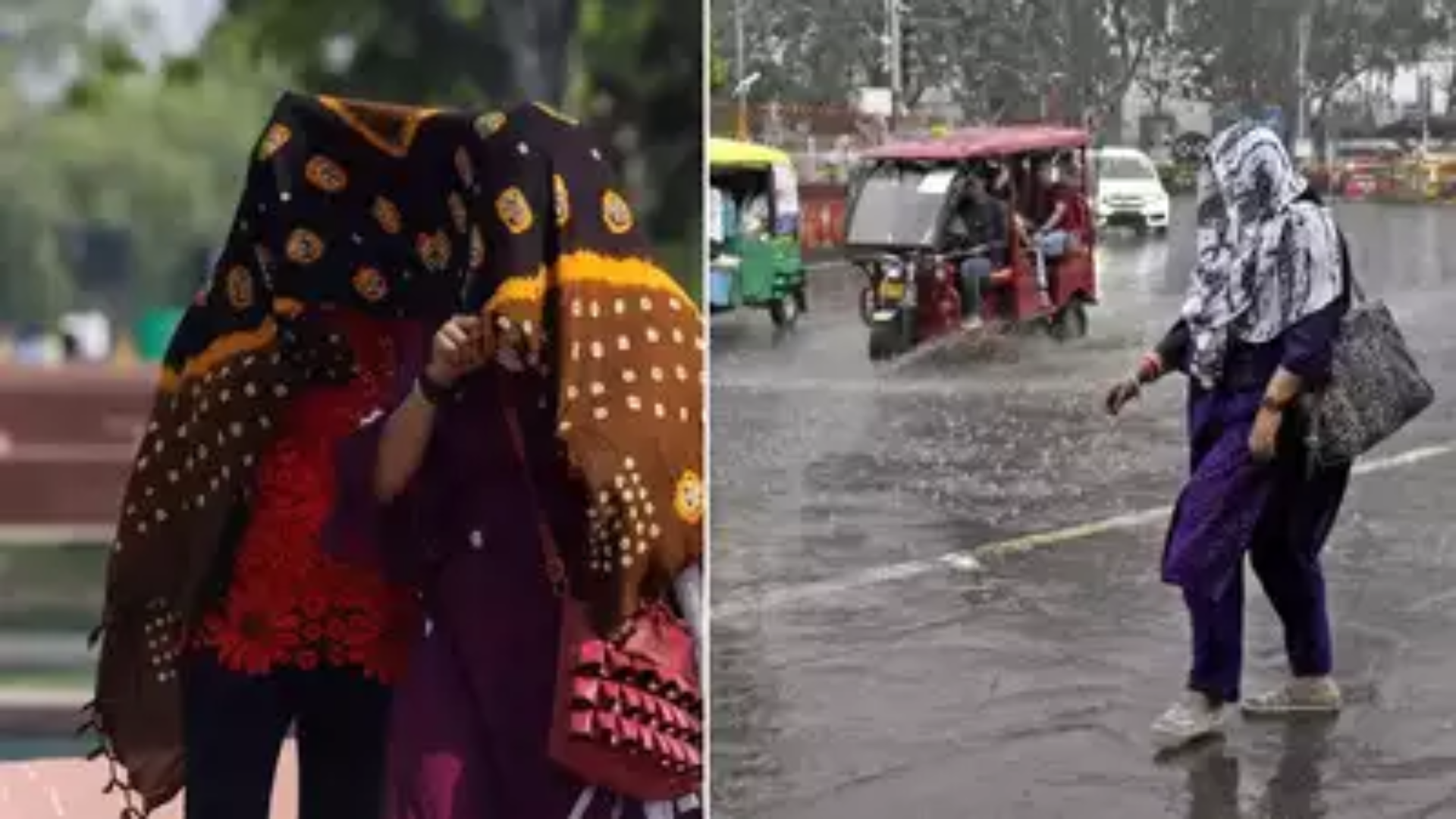
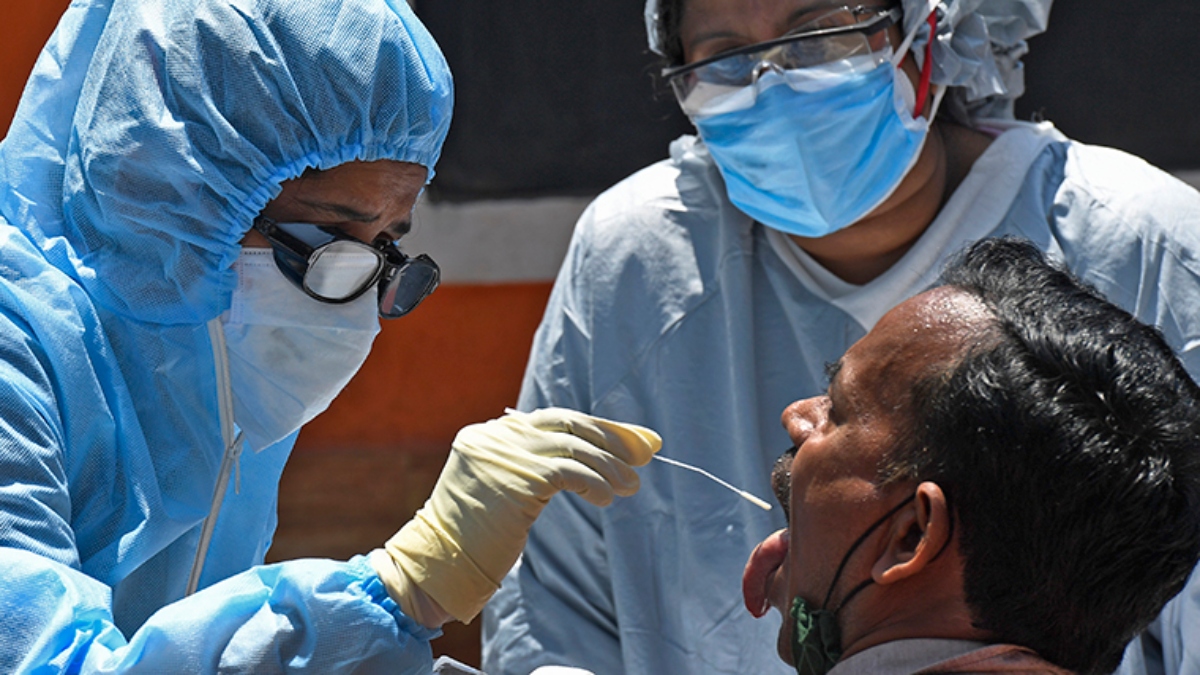
When the country entered the Unlock 1.0 phase, restrictions were eased and curbs were lifted. From being locked in and being prohibited to engage in a range of activities, Indian citizens were now allowed to resume their everyday lives, with limited restrictions and while remaining careful.
People were expected to be more disciplined. It was anticipated that people will follow physical distancing, hand hygiene, respiratory etiquette, and will use face covers.
But what really happened?
Also read: Suicide note recovered from BJP MLA’s shirt pocket
Also read: Juhi Chawla’s Ayurveda tweet to Bachchan family leaves Twitterati baffled
Approximately 1 lakh cases have been registered in 10 days. These figures point towards the lack of strict adherence to the rules by the general public at large.
As the lockdown eased, a growing complacency could be seen among the people in following preventive measures.
Ahead of the Unlock 1.0, Union Health Minister Harsh Vardhan warned that there is no space for complacency. He also reminded everybody to download the Aarogya Setu app, which will help in the self-risk assessment and in protection against Covid-19.
Public health department doctors say that people who return to their homes from other states or countries are one of the main reasons for the spike but then the irresponsible attitude of the general public in following precautionary measures is also to be blamed.
People are inattentive towards the fast-spreading virus, mortality, and other repercussions. Ever since Unlock 1 came into effect, high-risk category people are more exposed to the virus.
In one of his addresses, PM Modi stressed that negligence towards COVID norms has increased after lockdown. He also requested the people of the country to take care of themselves as the season of cough, fever, and cold is about to start.
Doctors have also cautioned an increase in infection rates in the coming days.
So at this point, citizens have a huge responsibility and they should realize that pandemic is not over, in fact, it has not even peaked in India.
People should understand the intensity of the issue and cooperate with frontline health workers and the police, said Dr. N Balasubramanian, former president of India Medical Association.
Before Unlock 1, we were more cautious about the use of masks, maintain ‘do gaj doori’, and washing hands several times a day for 20 seconds. Rules were strictly followed by but that behavior has changed since unlocking began in the country.
PM Narendra Modi, while addressing his monthly Mann ki Baat program, said that India’s fight against COVID 19 has become people-driven.
Every citizen is playing his or her part. He also stressed that it is not only the government’s responsibility but of every citizen to protect themselves and their family by following all the rules.
We all have heard the idiom ‘Sawdhani hati, durgathna ghati’ (accident happens when caution is lowered) and that’s exactly what is happening. People got overconfident. And in this over-enthusiasm, coronavirus reached those cities, villages, street or office that didn’t even have any single case or had very few cases. Instead of learning from the world’s mistakes, they did the same thing.
When the government announced the decision to Unlock, people criticized it, by saying that it’s unpractical as cases are increasing day by day. Let’s try to look at this decision from a science and economic point of view. When we look at the majority of the cases, it’s pretty clear that most of the people who get infected are either asymptomatic or have mild to moderate symptoms. These people can recover with care and precautions. India’s recovery rate is 63% and the death rate is much lower as compared to other countries.
This doesn’t mean that there is space for complacency but it shows that it’s not necessary that these infections will result in deaths. Now when we talk about the economic point of view, this decision was important because, in seven days of lockdown, India’s GDP grew only at 4.2%. And there is an emerging consensus that the economy will contract in this fiscal year.
According to experts, it will at least take 12 to 18 months to develop a coronavirus vaccine. But till then, people will have to follow the ‘social vaccine’ against Covid-19. Now, what is the Social vaccine? Physical distancing, hand hygiene, and mask/face covers. With notable celebrities like Amitabh Bachchan or world leaders like Jair Bolsonaro testing positive for Covid-19, we can safely say that nobody is immune. It is there high time that we buckle up, spread the word and follow all the guidelines in the interest of our and our family’s safety.
Also read: Russia completes trials of world’s 1st Covid-19 vaccine

